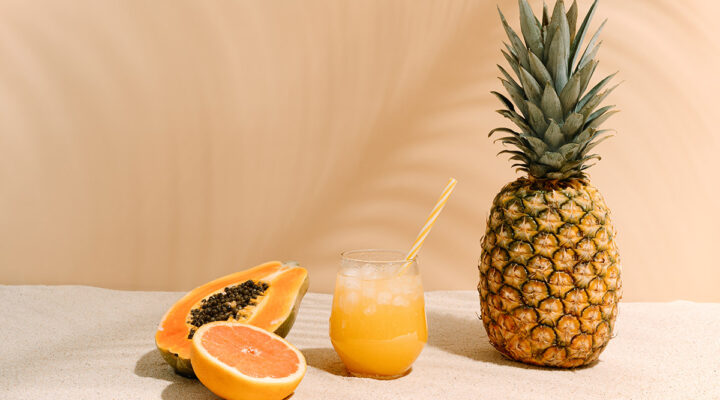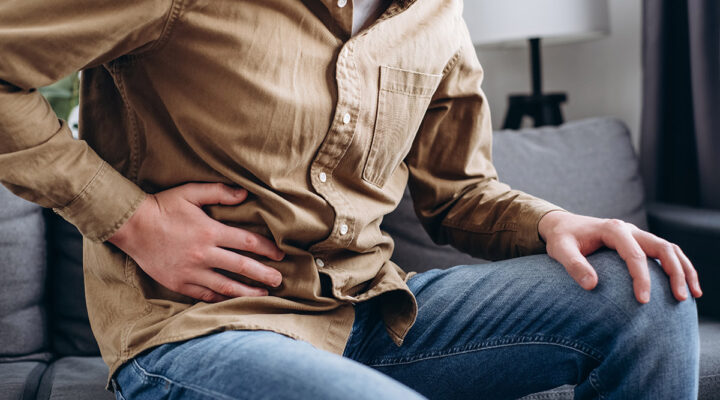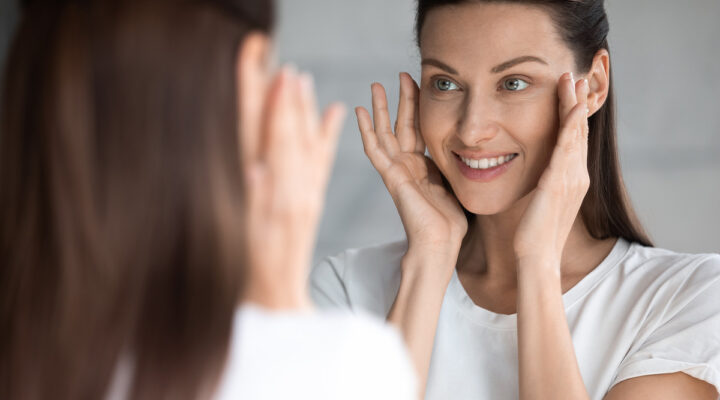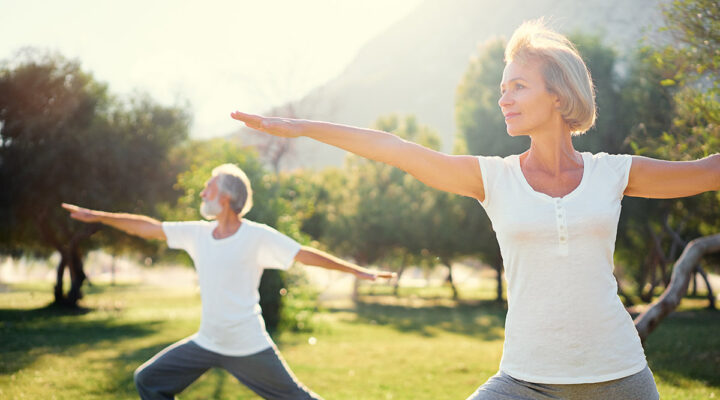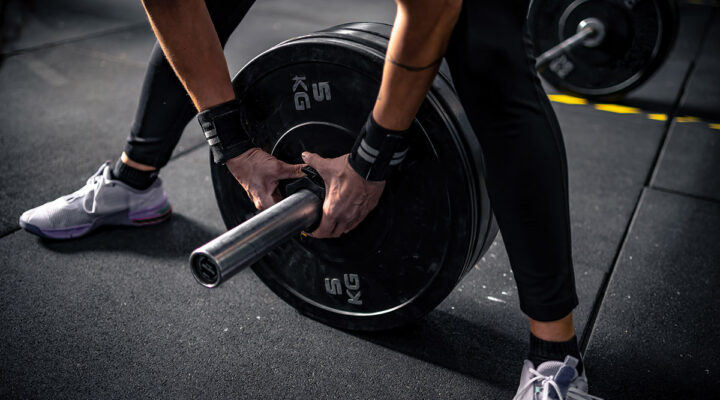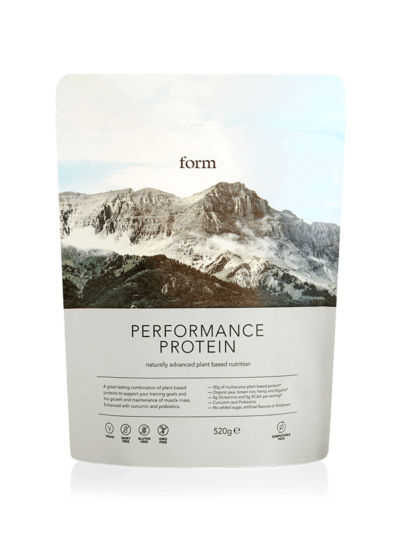Use These Wellness Hacks to Sleep Better Every Night, Starting Tonight
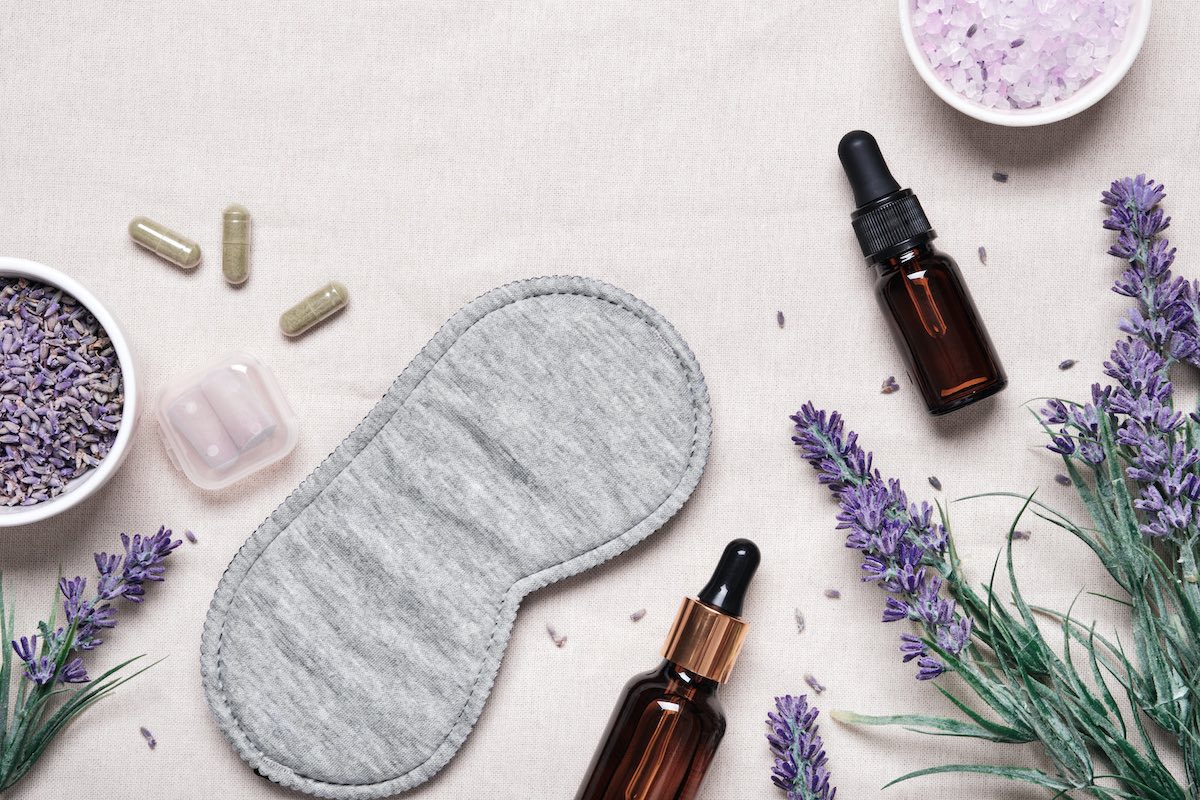
Whether you’ve been grappling with the warm weather, live in a noisy area or can’t catch 40 winks thanks to occupational stress, getting better sleep is an issue that thousands of us struggle with on a daily basis; this writer included. So much so, in fact, Formulate Health found that 36 percent of UK adults struggle to get to sleep at least on a weekly basis and almost 20% have trouble falling asleep every single night. Frankly, it’s enough to keep you up at night.
So what are we to do? By arming yourself with the right know-how, you can cut through the noise and make your sleep schedule something to look forward to, rather than a direct source of stress. Below, we’ve scoured (and tested) some of the most effect wellness hacks, tips and tricks to help you hit the hay quicker than ever.
Turn Off, Then Turn In
It’s no secret that regular use of your smartphone and computer correlates directly with your sleep hygiene. Blue light, also known as high-energy visible (HEV) light, reduces contrast on your gadgets’ screen, but in-turn can cause what’s become known as ‘digital eye-strain’. Blue light has been found to alter your body’s in-built sleep preparation mechanism, as it blocks the hormone melatonin, which is responsible for making you sleepy. Our advice? Turn off all of your tech one to two hours before you’re due to get into bed. Come the morning, you’ll feel the benefits.
Get Militant On Your Breathwork
Despite questionable health advice found in all corners of the internet, getting to grips with breathwork is a sure-fire way of gaining an edge in your wellness routine. Handily enough, it can have massive implications on your sleep, too. Don’t ask us, though: ask the US Navy SEALs that regularly use this breathwork pattern, inspired by Ayurvedic medicine, to power-down faster than ever.
Simply, place your right thumb over your right nostril and, with your eyes closed, inhale slowly and fully through your left nostril. Reverse the movement on opposing sides and work up to a full 10 minutes. What’s more, researchers at Guru Nanak Dev University found that it can lower levels of anxiety, too. Not bad.
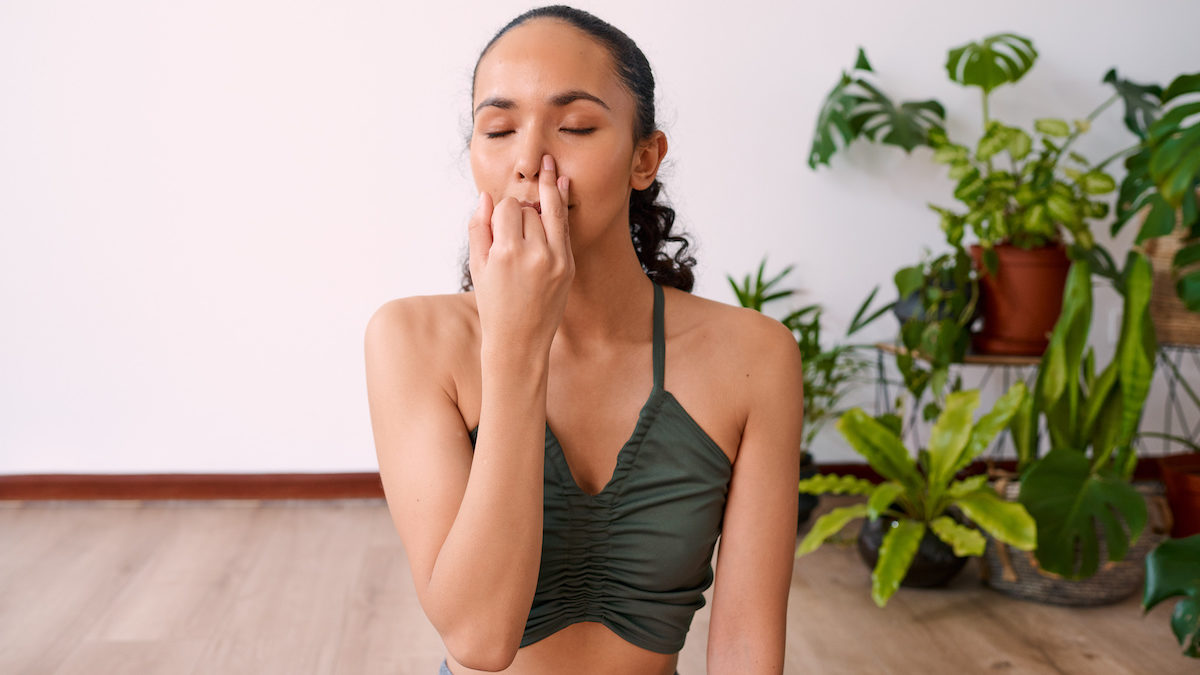
Make Friends With Noise
The irony isn’t lost on us here, but stay with us — using the right kind of noise (not your neighbour’s twice-weekly party or suspect roadside activity) can help you drift off faster. Dr David Neubauer, a psychiatrist at Johns Hopkins, shared that turning on a bedside fan while you sleep “helps to block outside noises like road repairs and your neighbour’s stereo.” Furthermore, the low drone has a psychologically soothing effect which lulls you to a deeper sleep.
Take A Supp
Every good day, they say, starts with a good night’s kip. Get the drop on your slumber with Form’s ZZZZs nootropic, made with 5HTP, calming amino acids and the dietary minerals magnesium and zinc to help you make a good night’s sleep a walk in the park (figuratively speaking).
The science is simple: 5-HTP is indirectly involved in producing melatonin, a hormone critical for sleep; zinc supplementation can increase sleep quality and those with healthy magnesium levels often enjoy deeper, better sleep. All you need to do is take one capsule about 30 minutes before bed.
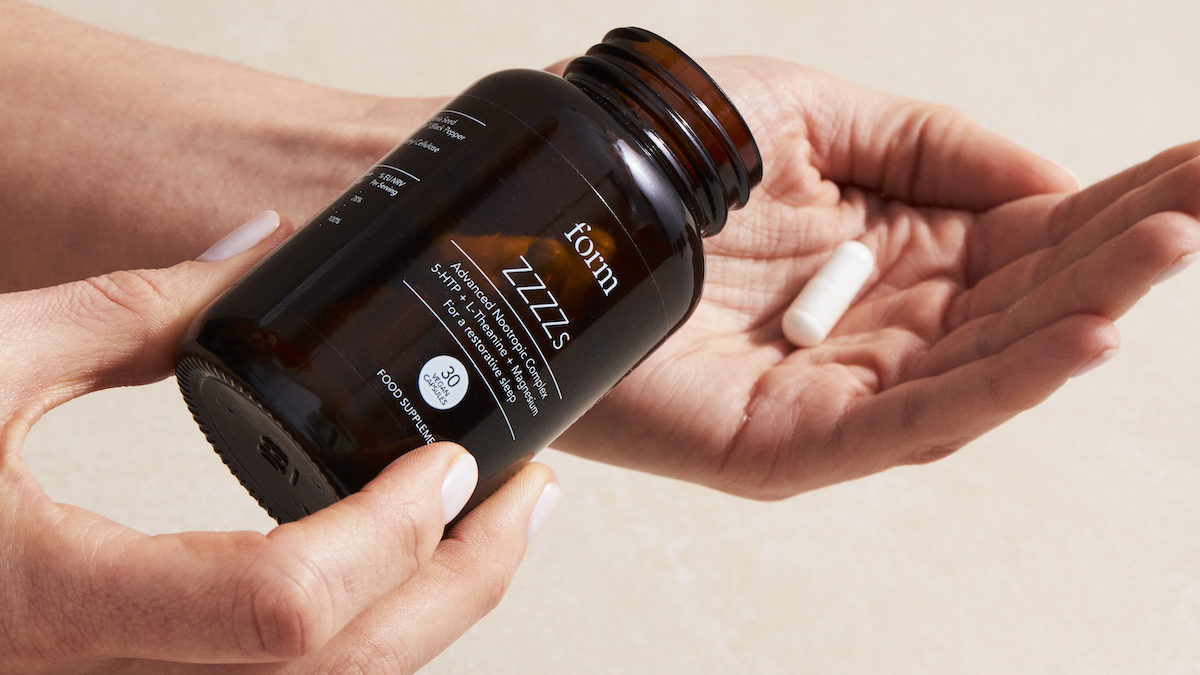
Get Stretchy
Is there anything yoga can’t do? A 2015 survey referenced in Harvard Health detailed how 55 percent of people who regularly performed yoga correlated it with healthier sleep patterns, alongside a further 85 percent of respondents who found that it also reduced stress. More recently, this study found that regularly practicing the physical, mental, and spiritual discipline of yoga helped to curb symptoms of insomnia and to promote better sleep.
Sober Before Slumber
Lastly, if you regularly reach for a glass (or three) of alcohol to help you drift off, the habit could be harming you far more than helping you. While it does, of course, help you fall asleep faster, it prevents you from entering a deeper stage of sleep that’s crucial for feeling rested and recovered come the AM. Not only that, but an alcoholic-based nightcap has been found to affect memory, concentration and coordination.





